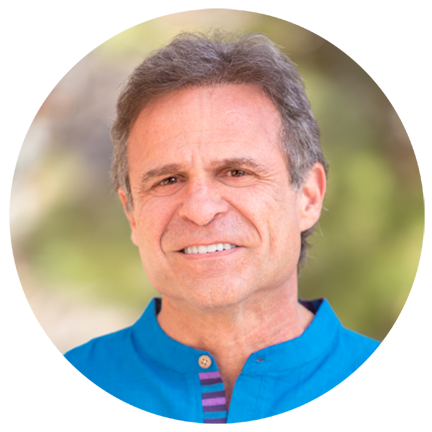In Western culture, codependency is a virtual epidemic, and it’s not just women who experience it: 40 million Americans are considered codependent. But certain factors make this an especially common phenomenon among women. If you’ve started to notice patterns of particularly unequal and draining relationships in your life, you may be experiencing codependency, too.
It’s All on Our Shoulders (Or is It?)
If you feel like it’s your responsibility to make sure the people close to you are happy, you’re certainly not alone. As women, we often get the message that we not only need to be beautiful, perfect, and professionally successful but make sure things are running smoothly for everyone around us, too. It’s no wonder so many women suffer from anxiety and panic disorders and take prescription anxiety medication and antidepressants at unprecedented levels.
It’s also no surprise that many of us feel lost in our relationships like we’re out of touch with our own identities; unsure where we end and our partners begin. In codependent relationships, how you feel is directly tied to how your partner feels – and that’s an unsustainable situation, to say the least. While codependency is rooted in believing your needs aren’t important, in many cases, codependent women have forgotten what their needs even are.
Why so Many Women Become Codependent
Assuming codependent roles in relationships often has to do with how we interpret cultural expectations. Women are often expected to go along to get along; to be ‘nice’ and indirect; to put others’ needs before their own. This leads to problems forming healthy assertion skills and boundaries that allow us to care for our own needs. Because our roles as mothers and partners often place us in a caregiving position, it’s important to learn to draw distinctions between healthy and unhealthy helping behavior.
This is only reinforced by the fact that we grow up with glorified examples of codependency all around us: Snow White, Cinderella, and Tiana are all in codependent relationships. And while fictional, these Disney princesses set the standard for the types of relationships many girls aspire to have.
Says psychologist Dr. Shawn Burn, “The way some women understand and identify with their gender and culture promotes unhealthy self-sacrifice and martyrdom for others… They aren’t emotionally or psychologically sick for following this cultural prescription, they’re just trying to be good women in societies where women are expected to subordinate their needs to others.”
Balancing the Power Dynamic
Codependency is essentially a loss of power and a loss of self; an unequal energy exchange between you and someone else. And while ‘helping’ often feels obligatory and good, the truth is, people benefit from living through the consequences of their own actions. Suffering is part of the learning journey and beauty of life, and it’s not our right to prevent anyone from experiencing it.
Self-care is not selfish, it’s our duty. We need to make sure we’re whole within ourselves so we can truly show up for those we love. When you’re focusing on others’ problems, you’re not focusing on your own development. When you constantly giving your energy away in a nonreciprocal exchange, your life force becomes depleted and there’s nothing left for you. That’s when crises like sleep disorders, alcohol, and prescription drug addictions, eating disorders and trauma bonding issues begin to manifest.
Shifting Out of Codependency
The good news is, there are plenty of effective healing modalities available to help you take back your power and regain balance in your relationships. At The Sanctuary, our supportive setting provides a space where you can take a break from being a mother, partner, or caregiver and just be you.
Learn more about codependent relationships in our article, Codependency and The Need to be Needed.
To find out how we can help you move beyond codependency and reconnect with your true self, call us at (866)750-0763 or email us at [email protected] today.

He is the Founder, Administrator, Counselor at the Sanctuary at Sedona.
He has a BA in Political Science and is currently Senior teaching staff at Four Winds Society, an international school of energy medicine. His credentials also include being an Ordained Minister; a Certified Shamanic Breathwork® Facilitator; a Founding Member Society for Shamanic Practitioners; a Member of Association for Comprehensive Energy Psychology; a Member of the National Institute for Holistic Addiction Studies. [email protected]

